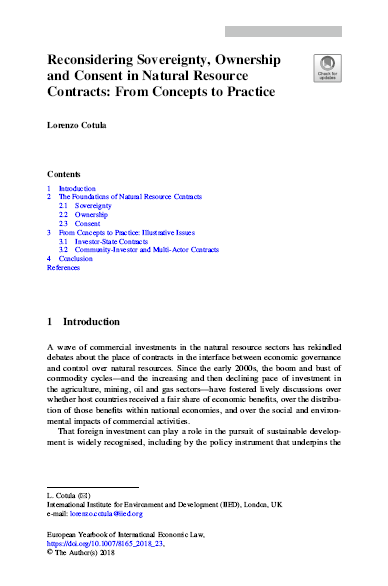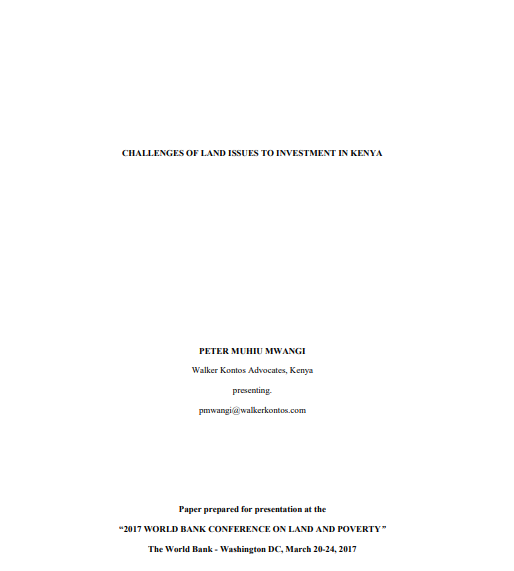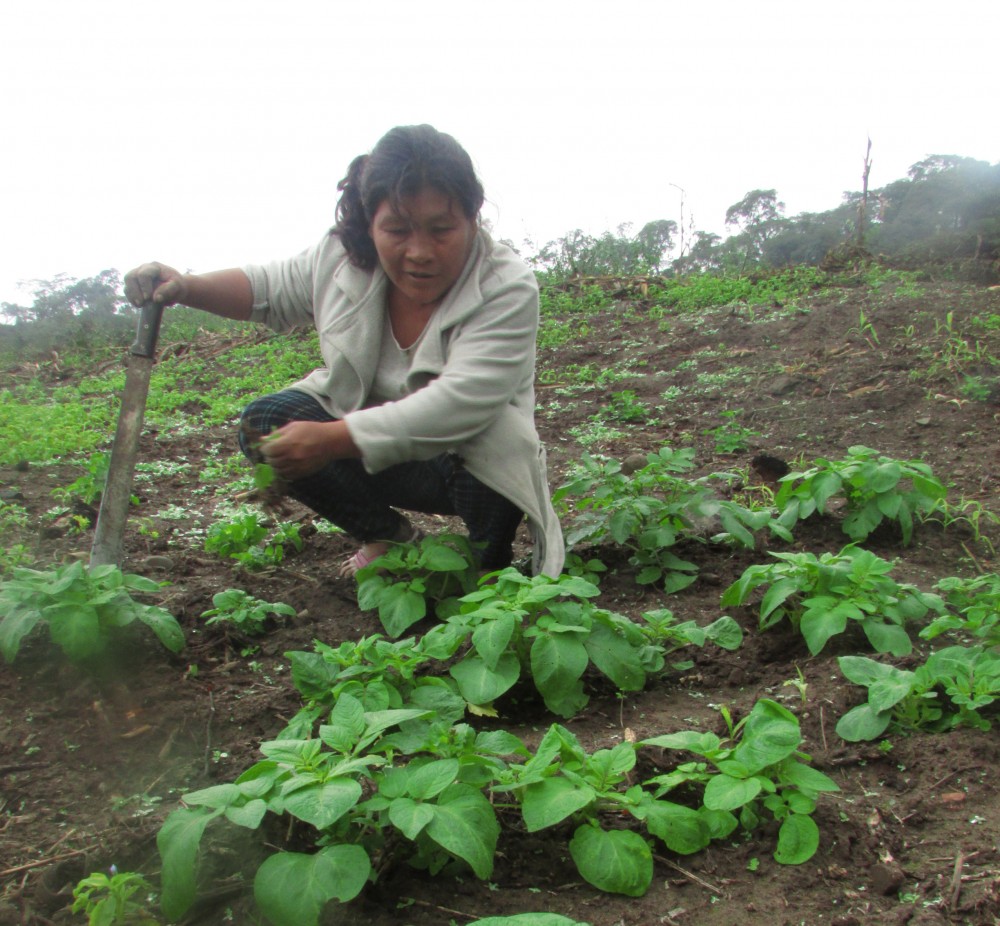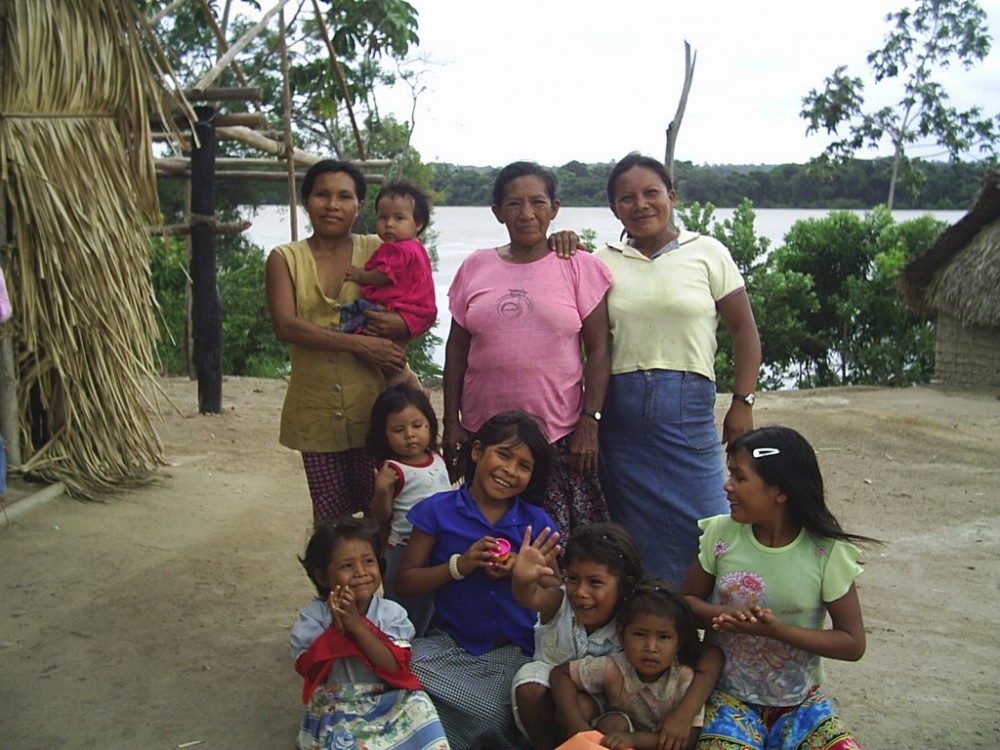Why should mediators consider the economic dimensions of conflicts?
This paper summarises the case for greater consideration of the economic dimensions of conflicts in mediation processes – particularly those concerning natural resources. The author highlights the recent United Nations Environment Programme publication, From Conflict to Peace building – the Role of Natural Resources and the Environment as further evidence of the need for this inclusion. For instance the report finds that:










